
Making plans for travelling to South Africa is great. Just imagine the lush green jungles with wild animals, lion safaris and huge elephants, the deserts and the adventurous journey to a rich culture and tradition. Here are 10 things to know before travelling to South Africa.
Table of Contents
South Africa is a complete destination of outstanding landscapes and spiritual experiences. But before you pack your bags for South Africa here are the things you should know before you embark on this wonderful and courageous journey.
10 Things To Know When Visiting South Africa
1. Your stay in South Africa without a VISA
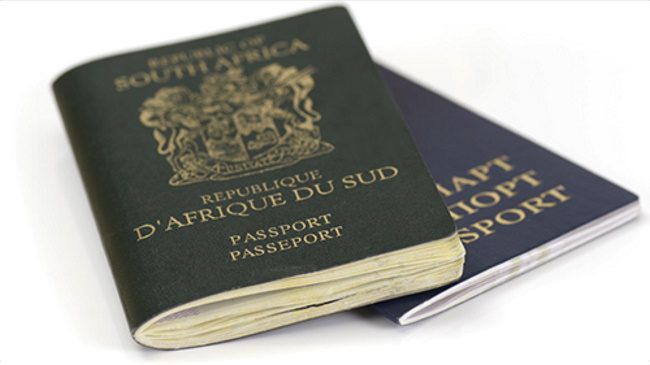
- Most of countries do not need a visa for South Africa if you are visiting for less than 90 days.
- If you’re not sure if you need a visa then it is better to contact your nearest embassy.
- Also, note that your passport expiration date must be at least 30 days after the date of your intended return if you are a US Citizen.
- Always check the latest regulations before you travel just to be sure and have your passport up to date.
- You’ll need at least one blank page in your passport for the entry stamp which customs officials might need at the airport.
2. The Currency and the Credit Cards you can use in South Africa
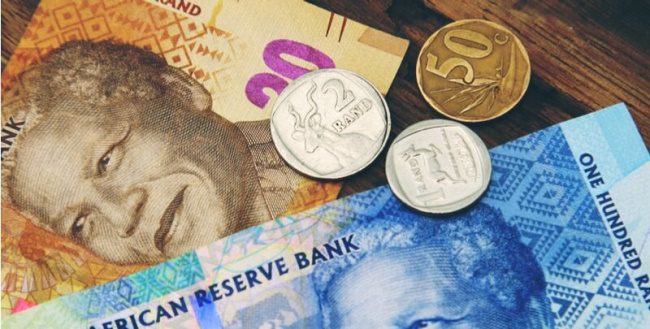
- In South Africa, you need the local currency for your transactions and that is Rand.
- Always check the exchange rate when you travel especially when you book your tickets as the Rand to US dollars or other currency fluctuates regularly.
- At South African ATM machines you will get money in Rand, and you will often be charged a foreign transaction fee of about 3 percent by your bank, whether you get cash out or use a credit card. This can be expensive, so make sure you budget for it.
- Also, remember that some credit cards have no foreign transaction fees.
- Banks close early in South Africa around 3:30 PM and are only open until noon or 1 PM on Saturdays and closed on Sundays so plan accordingly.
- If you are going into the bush or on a safari ATMs may be unavailable in rural areas; therefore bring extra cash plan ahead, but note that you keep your money safe and secure too.
- If you want your debit/credit cards to work in South Africa, or any foreign country, call your bank before you leave so that your transactions are not declined.
- Many places will take all the usual credit cards like in Joburg, but some may not like staying in a rural area so plan according to your trip.
- Also, remember that always have your credit card in front of you when having a transaction and have the card processed in front of you to avoid any fraud.
3. Proper Conveyance you should take while in South Africa
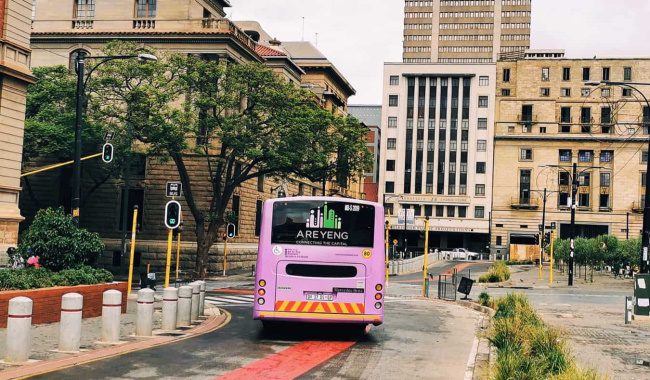
- If you are travelling within South Africa to a distant place for a hike or tour do so in a group with a guide.
- Rent a car if using the road network. Most parts of the roads are tarred and well signposted, you can also hire GPS units with your vehicle and your tour operator will supply driving directions to complement your GPS. Plan your trip in advance if you’re driving; you may need a 4×4 for places where the road becomes gravel or dirt.
- Have the option for a fully packaged holiday itinerary, where you are picked up and dropped off from your arrival point like from the airport, port etc. in each destination that you visit, and then simply catch a taxi around the cities and make use of day tours in each area. Taxis are readily available within the cities.
- In Johannesburg, the relatively new Gauteng Rail System the Gautrain is a good option make sure your hotel has a train station near enough and you may be able to take the train from the airport.
- Public transport in South Africa, particularly the bus system, is not ideal and neither is the public train system in South Africa unless it is the luxury passenger trains that have an itinerary all of their own.
- Public trains and busses are not recommended in most areas, so always make sure you make use of a taxi service recommended by your tour operator or the hotel in which you are staying
4. Know the language of South Africa
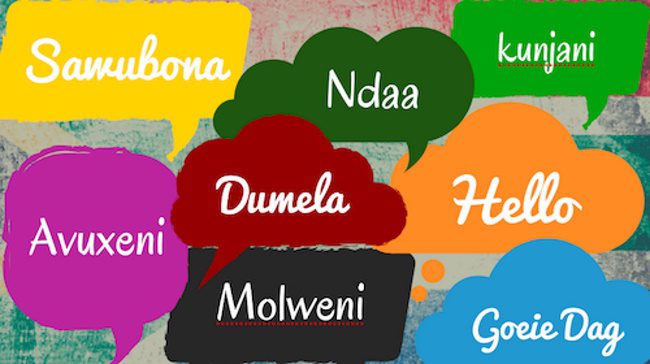
- South Africa has 11 official languages and the country is often termed the ‘rainbow nation’ because of its cultural diversity.
- English is spoken throughout the country and is mostly used in a business environment, it is actually only the 5th most common home language spoken.
- The most widely spoken home language is isiZulu, then isiXhosa; Nelson Mandela’s ‘home’ language and then Afrikaans.
- Most South Africans are multilingual, which means they will be able to converse with you
5. Familiarize yourself with South African Customs
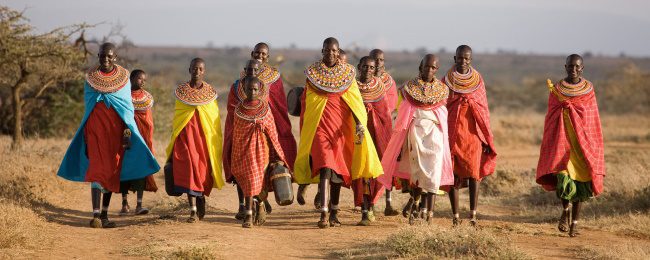
- Dining in a restaurant remembers that tipping is different in South Africa than in other countries like tip 10 percent at a restaurant and tip $1 to a porter for a bag. If you got good service somewhere, be sure to tip.
- Also review your restaurant bills, as certain restaurants automatically add the 10 percent tip onto the bill before they give it to you to pay therefore don’t pay double unless the service was really good.
- If you are self-driving, you will come across many ‘car guards’ in most public areas. Car guards ‘man’ a certain section of parking space and ‘guard’ these cars whilst you are in the mall or on the beach; on your return, it is not compulsory to tip the car guards, but it is pretty much the norm to tip up to R10 say $1 You can tip as much as you would like, but between R5 and R10 is considered a ‘good’ tip. These car guards can be quite insistent to have a tip from you and you may feel uncomfortable at times but this is what they do.
- Note that one custom in South Africa is restrictive carry-on and luggage requirements, including specific dimensions for bags, so check with your airline before you travel. This is particularly relevant if you are on a fly-in safari into a game lodge on a light aircraft, which strictly controls luggage, as weight directly impacts safety in-flight. The standard for light aircraft travel is 20kgs which is over 40 lbs including carry-on hand luggage per person.
- For light aircraft, you also need to pack in soft bags as a note that there is a personal weight limit for flyers, so do check with your tour operator for more luggage if you have one.
6. Booze at South Africa
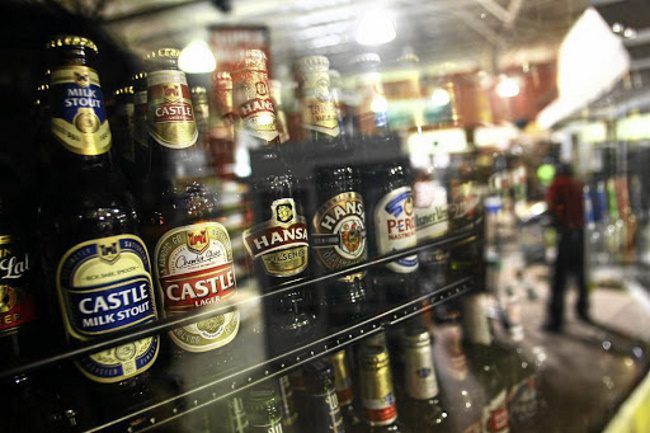
- You can drink in South Africa almost anywhere. Also, there are clubs in the big cities like Joburg and Cape Town, Durban and Port Elizabeth as well as a plethora of bars and restaurants throughout South Africa.
- The drinking age in South Africa is just 18. Many of the more popular nightclubs do charge an entrance fee.
- You will also find drugs available in the bigger nightclubs and Marijuana is illegal in South Africa.
- You can’t smoke in restaurants or any public areas in South Africa. Some restaurants offer a smoking room, which is usually glassed-in and sealed off.
- Certain restaurants do not allow you to smoke if you are dining outdoors. It is better to always ask before lighting up.
7. Vaccines you need before visiting South Africa
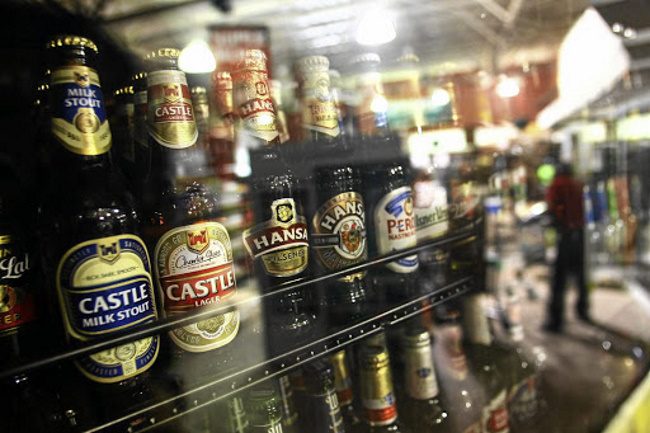
- While there are no checkups for vaccines when you visit South Africa but still you need yellow fever shot in case you are travelling to the yellow fever belt like Zambia where you might need to show the vaccine proof.
- Though as a precaution there are many immunizations for all travellers such as measles, mumps, polio, rabies, hepatitis A, tetanus, and typhoid, as there is a risk of exposure to all of these.
- For vaccinations, it all depends a lot on your health and risk factors so act wisely.
8. Your need for travel insurance
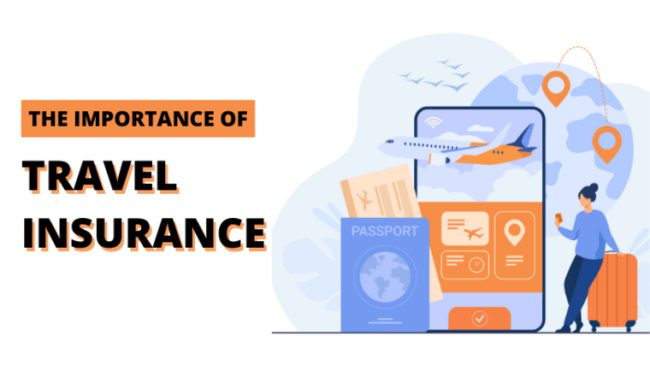
- When we talk of crime no place is completely safe. Cape Town in South Africa has a high rate of crime common to tourists, such as muggings. But it is advisable that you should travel in groups and in larger cities like Cape Town or Joburg take extra precautions.
- Never leave your hotel grounds alone at night, and if you are bold enough to do so then keep your tour guide and other party members informed as to your whereabouts, and be smart about your safety
- Make sure to keep your belongings hidden in public, and don’t leave them in your car though a tour bus is fine so long as the driver is staying on the bus make sure to use your hotel’s safe for your passport and any valuables.
- One of the things to know when visiting South Africa is that do not carry expensive jewelry at all when travelling.
- Travel Insurance is a must and needy thing as no one knows about any natural calamity be it tsunamis or earthquakes or any other such that might cancel your flight.
- If you are having a gala timeout into the bush, where medical treatment may not be readily available or a local hospital may be below first-world standards, the medical part of your travel insurance policy will likely offer coverage called “medical evacuation.” This means you can get airlifted out of the area to a major airport, where a trained nurse from the insurance company can assess whether you will be sent home or operated on.
- Unless you are travelling deep into the jungles or desert, you don’t need the million-dollar coverage; $100K-$250K is sufficient for travel insurance.
- Remember the travel insurance you buy for a few dollars with your plane ticket will likely not cover you fully for your trip, especially if you’re not on a tour. So read the fine print as you have a short cancellation period once you purchase the insurance.
9. The need for a power converter
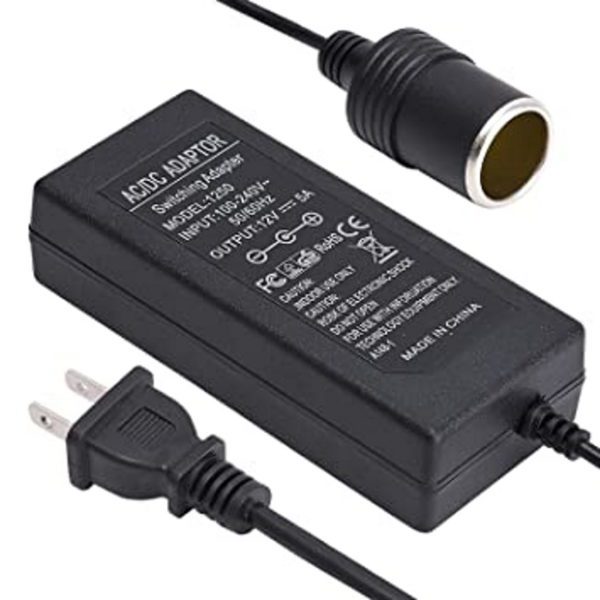
- South Africa uses a currency of 220/230 volts, 15 amps for a 3-prong, round pin plug and 5 amps for a 2-prong round pin plug. If you are coming from almost anywhere, you will need a power converter to charge your tech devices.
- If you are living in South Africa for some time it is good to buy a cheap phone and get a local number or purchase a local sim to run your phone.
- Many tour operators and telecom providers have a tour package to cover your roaming so better contact before you take your flight
- In case you need a new South African local SIM card for your phone then contact your hotel manager for it.
10. Food and water to keep you safe
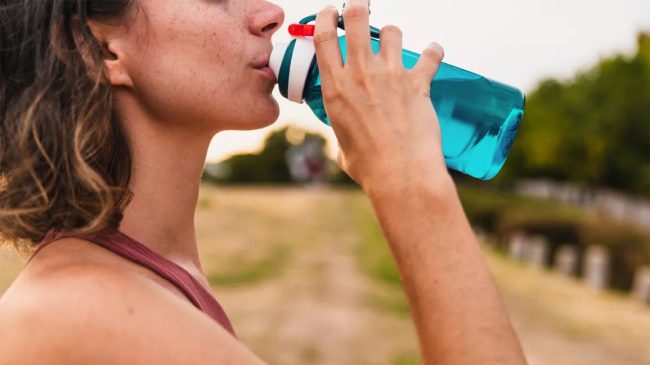
- If you are staying at a 4 or 5-star hotel then remember they have a full water filtration system.
- When camping or staying in the bush then you need to bring tablets or a filtration system to have clean water to drink. Make sure you plan ahead depending on the needs of your trip.
- One more things to know when visiting South Africa is that in remote locations at the game lodges, you will be able to purchase bottled water; most of the lodges will also offer filtered water, which you can fill up with a water bottle also a souvenir water bottle is often provided by the lodge.
- You can get fresh local food at all places and if you are on a high-end safari then you will have good dining on gourmet meals every night.
- The variety of food offered may be different from what you are used to; make sure you make arrangements ahead of time through your travel agent or tour operator if you have any dietary restrictions or allergies.
Synopsis
With all these things to know when visiting South Africa will be less problematic and you can enjoy your stay to the fullest.




